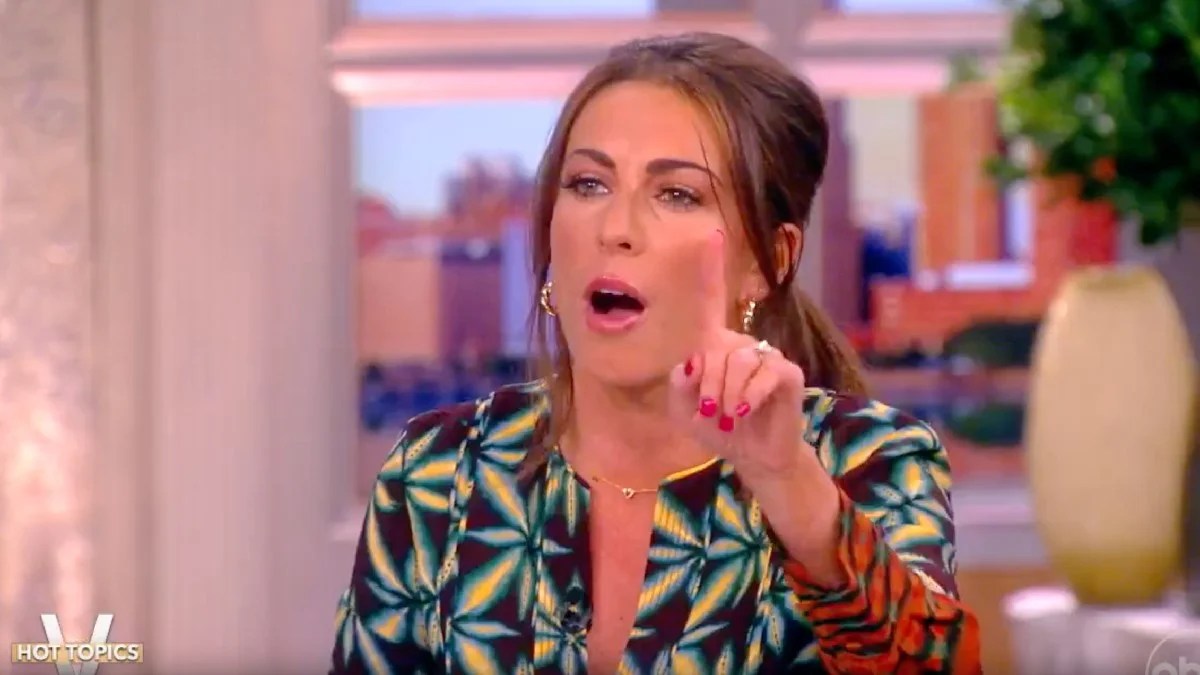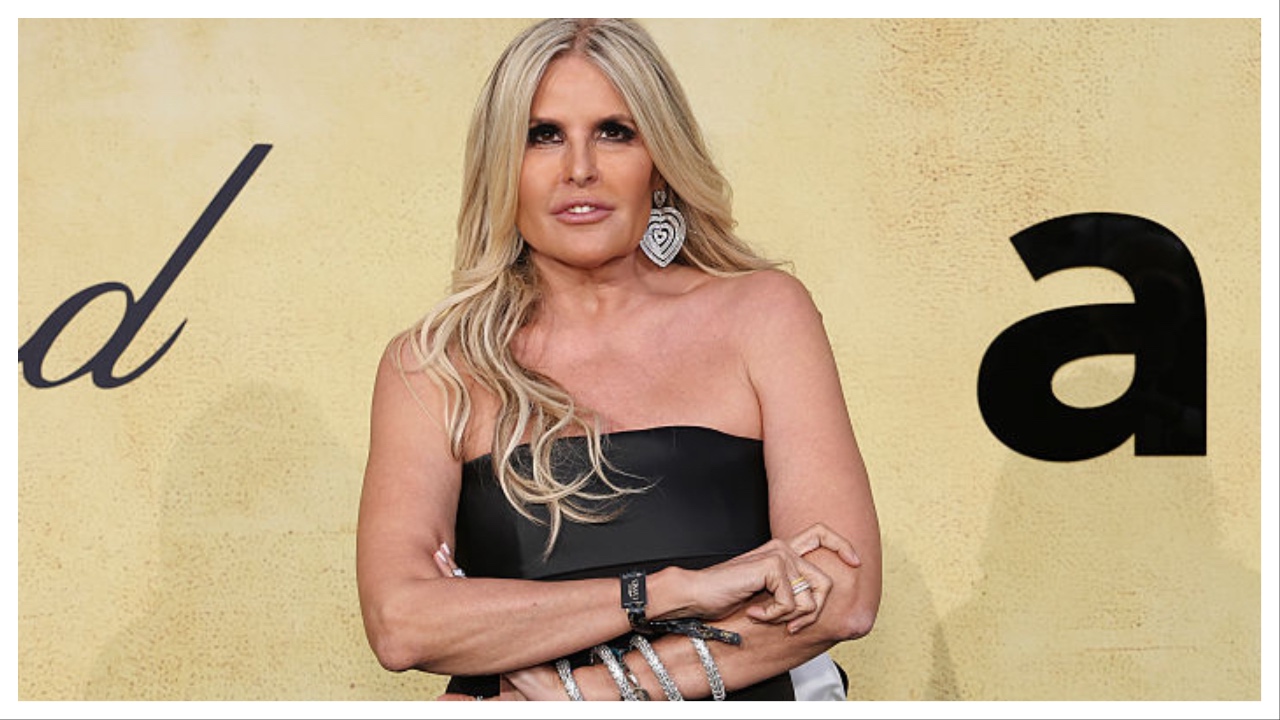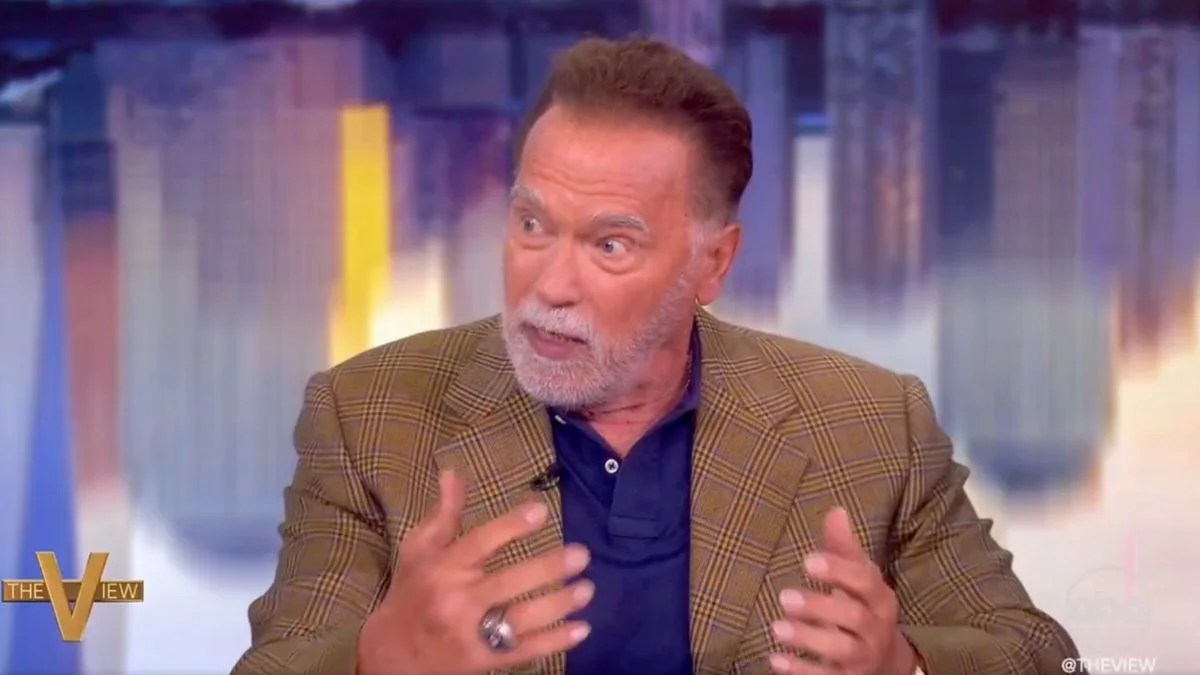The View: Alyssa Farah Griffin Refuses to Laud Tucker Carlson for Ted Cruz Confrontation
In a recent episode of “The View,” Alyssa Farah Griffin, one of the show’s hosts, expressed her skepticism regarding Tucker Carlson’s recent confrontation with Senator Ted Cruz during a televised interview. This heated discussion saw Carlson challenging Cruz on various issues, particularly focusing on the senator’s understanding of Iran. Carlson provocatively questioned Cruz’s awareness of the country’s demographics, specifically highlighting that Cruz seemed unaware that Iran has around 82 million people. This moment has since sparked conversations about political accountability and the role media personalities play in shaping public discourse.
Understanding the Carlson-Cruz Exchange
During the televised interview, Carlson confronted Cruz over his stance on potential military intervention in Iran. Carlson argued that one must understand the populations and complexities of nations before advocating for such actions. This line of questioning led to a rather tense moment as Carlson pointed out Cruz’s apparent ignorance of the basic statistics regarding Iran’s population. While some may see this confrontation as a moment of accountability from Carlson, Griffin was less impressed.
In her critique on “The View,” Alyssa Farah Griffin articulated her concerns regarding Carlson’s overall approach to politics. She noted that although he made one valid point during the confrontation, it was insufficient to redeem what she labeled as a long history of malign influence in political discourse. Griffin underscored that Carlson’s track record should not be overlooked simply because he provided one critique that was well-founded.
Alyssa Farah Griffin’s Perspective
Griffin’s dismissal of Carlson’s recent remarks was grounded in her belief that accountability should extend beyond a single incident. She pointed out that over the years, Carlson has often been seen as a controversial figure who purportedly serves as a mouthpiece for divisive ideologies, including unwarranted sympathies towards international adversaries. Griffin stated, “You don’t get a gold star for making one good point after a decade of harmful discourse.” This not only highlighted her stance on this particular confrontation, but also her broader perspective on the integrity of political commentary.
While Griffin acknowledged the importance of scrutinizing our leaders, she remained firm in her belief that one moment of clarity did not excuse Carlson for his previously inappropriate rhetorics. The nuances of these discussions are essential, especially amidst a volatile political climate where figures like Carlson wield significant influence over public opinion.
The Role of Media in Politics
The incident between Carlson and Cruz has sparked discussions about the broader implications of media influence in political conversations. Talk shows like “The View” play a critical role in shaping public perceptions by providing a platform for diverse views and encouraging discourse that challenges established narratives. This is especially important in today’s environment, where facts can often be muddled or twisted by popular media figures.
As Griffin and her fellow hosts discussed Carlson’s confrontation, they highlighted the responsibility that media personalities carry when addressing complex political issues. The conversation set the stage for a larger dialogue about ensuring that valid critiques do not overshadow a person’s overall actions and contributions to political discourse. Thus, it becomes essential for audiences to engage critically with the messages they consume and the figures they choose to follow.
“The View” continues to lend its platform to a variety of viewpoints, reflecting the dynamic nature of political discussion while also reinforcing the necessity for accountability within that space. In doing so, they invite audiences to think deeply about the larger narratives that shape their understanding of current events.
As the landscape of media and politics evolves, viewers are encouraged to maintain an informed stance by critically evaluating not just the messages delivered, but also the sources from which those messages originate. The Carlson-Cruz dynamic serves as a timely reminder of the intricacies involved in public discourse and the importance of holding media figures accountable for their role in society.
For those interested in staying updated on political commentary and discussions that matter, tuning in to “The View” can provide valuable insights into ongoing debates while also keeping one engaged with different viewpoints.




